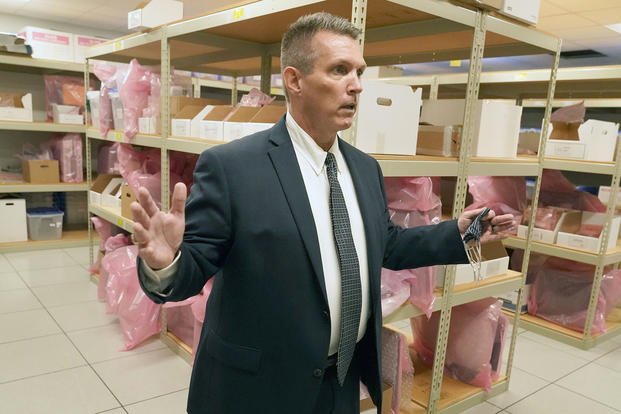With the increased use of mobile devices, e-commerce and a heightened exchange of personal and professional information online, cybercrimes have naturally become more and more of a concern.
As a result, digital forensics has become a much more streamlined field over the last few years, with an increasingly standardized best-practice protocol taught through a variety of online and traditional degree programs. Those with the investigative interest and technological acumen to excel in this field can expect a rewarding career in a variety of settings.
Coursework and Educational Programs
Just like many of the specialty fields related to the boom in information technology (IT) applications over the past decade, digital forensics is a field in rapid evolution.
While professionals can enter the field through various avenues -- including technology, security, administration and application development -- a number of highly respected and fully accredited degree and certificate programs serve to centralize the skill set and offer an industry-wide standard of proficiency at various educational levels.
Individuals with a two-year degree and work experience in cybersecurity may move into digital forensics through job openings and additional training from their place of employment. Professionals with a law enforcement background might seek a specialty in digital forensics through a bachelor's degree program.
Four-year baccalaureate programs provide the necessary training for most entry-level digital forensics programs. These programs often offer internships, fellowships, volunteer opportunities or other programs for career development while obtaining the necessary education.
A master's degree offers one to two more years of specialized education in the discipline, geared toward providing the expert level of knowledge required in certain positions. Investigative team leaders, policy makers, heads of forensics consulting firms and other elite professionals in digital forensics seek the prestige and expertise that can accompany an advanced degree.
In addition to formal education and ongoing online or campus coursework, professionals in a rapidly changing field like digital forensics could also benefit from participation in a professional association such as the Digital Forensics Association.
This organization offers volunteer opportunities, hosts a discussion board, provides interaction through chapter meetings and offers other career-enhancing tools like access to a digital library. Seeking practical opportunities to build a comprehensive and current skill set can be just as important as obtaining an education.
Employers Seek Digital Forensic Professionals
A wide range of local, state, national and international law enforcement agencies hire digital forensic professionals to investigate evidence with a digital forensics team. Locating, compiling, recovering and identifying digital evidence require a wide range of skills that extends beyond the high level of technical proficiency necessary for the job.
Impeccable communication skills, strong organizational ability, top-level integrity and the ability to work efficiently alone or as part of a collaborative team are necessary components of this job.
In addition to law enforcement agencies, other governmental agencies such as the Department of Homeland Security offer a variety of opportunities in this field. Many private companies, large corporations and international security firms rely on the work of digital forensic professionals to shed light on possible wrongdoing, clear the names of those falsely accused and prepare evidence for trial if wrongdoing is confirmed. In addition to the investigative and technical knowledge needed for the job, an understanding of related legal issues associated with this line of work is imperative for success.
Professionals in digital forensics need a wide array of skills and knowledge to excel in this prestigious, yet demanding field. Through securing a degree from a regionally accredited college or university, a student can be sure that they have the knowledge to effectively communicate with other professionals and network in the field with those who have obtained similar education.
In addition to online or formal education, many professionals find the connections cultivated through a professional association, such as the Digital Forensics Association, vital to keeping their knowledge current.
Networking as a student and lifelong professional in a rapidly growing field like digital forensics is an achievement that can set you apart from the competition and convince a future employer that you have what it takes to commit to the drive and momentum needed to secure longevity in this rapidly developing field.
Want to Know More About the Military?
Be sure to get the latest news about the U.S. military, as well as critical info about how to join and all the benefits of service. Subscribe to Military.com and receive customized updates delivered straight to your inbox.











